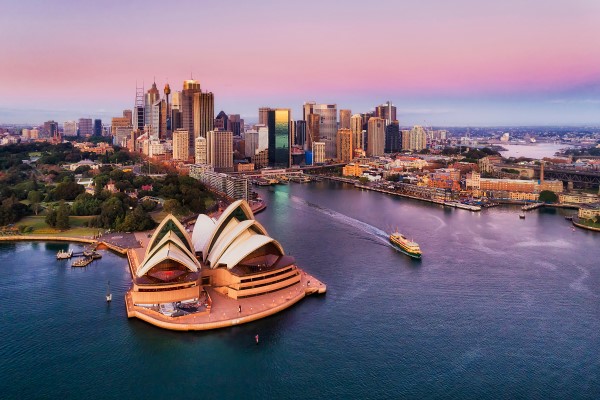Inpex, Woodside, TotalEnergies Score Acreage for CCS Studies Offshore Australia
(Reuters) — Australia has awarded Japan's Inpex Corp., France's TotalEnergies and Woodside Energy Group offshore acreage permits for assessing carbon emissions storage as the government pushes to speed up emissions reductions.
While environmental groups say carbon capture and storage (CCS) has yet to work effectively and will prolong the use of fossil fuels, the Labor government sees it as essential to slashing emissions by 2050.
At the same time as announcing the award of the CCS permits, the government also invited bids for new offshore oil and gas exploration acreage, which it said was important for securing energy supplies.
"Australia has the capacity to continue to be an energy export leader, at the same time as developing a domestic offshore carbon capture and storage (CCS) industry," Resources Minister Madeleine King said in a statement.
Inpex, Woodside and TotalEnergies jointly won a permit for an area in the Bonaparte Basin and Woodside won a permit in the Browse Basin, both off northwestern Australia, where Woodside is looking to develop the country's biggest untapped offshore gas prospect but only if it can do so profitably with CCS.
"Australia is ideally placed to become a world leader in this emerging industry, with large, stable offshore geological formations for greenhouse gas storage," King said.
Inpex, with a 53% stake, said it would be the operator of the Bonaparte CCS assessment joint venture.
"Acquiring this permit provides an exciting opportunity to prove up a large-scale carbon storage site in northern Australia, with the potential to become one of the largest CCS projects in the world," Inpex President Director Australia Hitoshi Okawa said in a statement.
Inpex runs the Ichthys LNG project, Australia's fourth-largest LNG project, co-owned by TotalEnergies, and is counting on using CCS to help cut emissions from its operations and produce "carbon neutral" LNG.
Down the track, CCS could be used for "blue hydrogen", Okawa said. Blue hydrogen is produced using gas, with the carbon emitted in the process captured and stored.
"If and when the demand for hydrogen increases and CCS has been demonstrated at scale, INPEX plans to gradually shift to blue hydrogen production," he said at the NT Resources Week conference in the city of Darwin, run by Informa.
Related News
Related News

- Keystone Oil Pipeline Resumes Operations After Temporary Shutdown
- Freeport LNG Plant Runs Near Zero Consumption for Fifth Day
- Biden Administration Buys Oil for Emergency Reserve Above Target Price
- Mexico Seizes Air Liquide's Hydrogen Plant at Pemex Refinery
- Enbridge to Invest $500 Million in Pipeline Assets, Including Expansion of 850-Mile Gray Oak Pipeline
- Evacuation Technologies to Reduce Methane Releases During Pigging
- Editor’s Notebook: Nord Stream’s $20 Billion Question
- Enbridge Receives Approval to Begin Service on Louisiana Venice Gas Pipeline Project
- Mexico Seizes Air Liquide's Hydrogen Plant at Pemex Refinery
- Russian LNG Unfazed By U.S. Sanctions





Comments